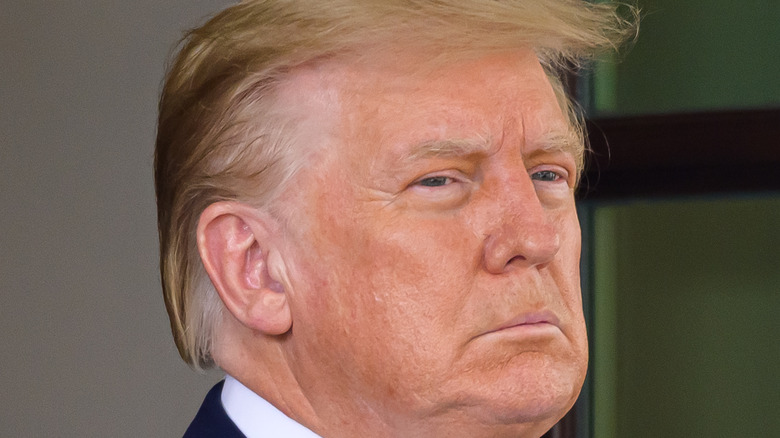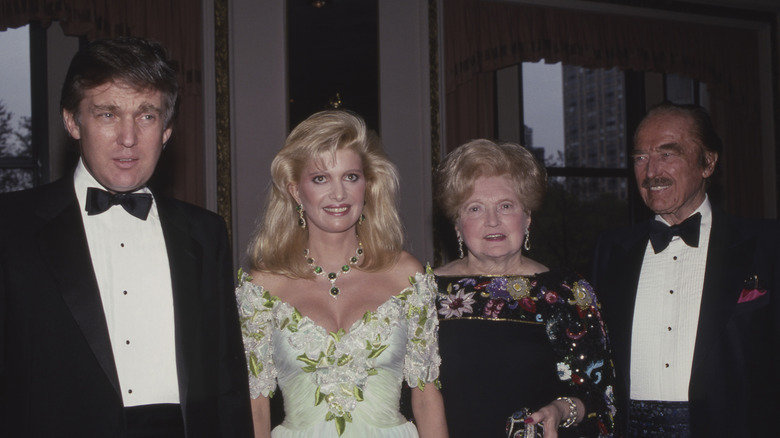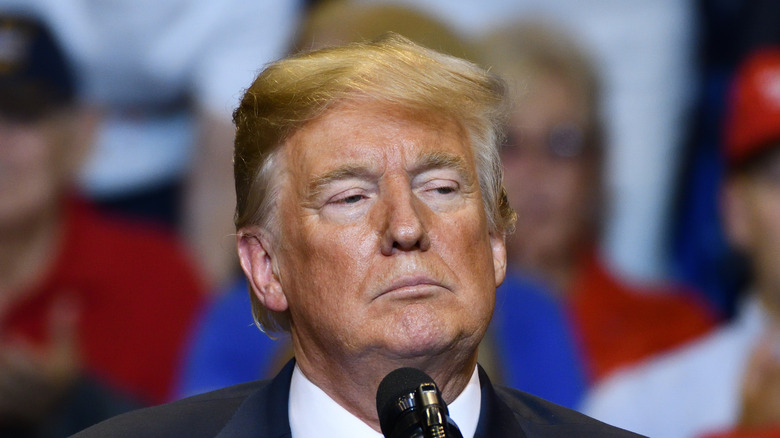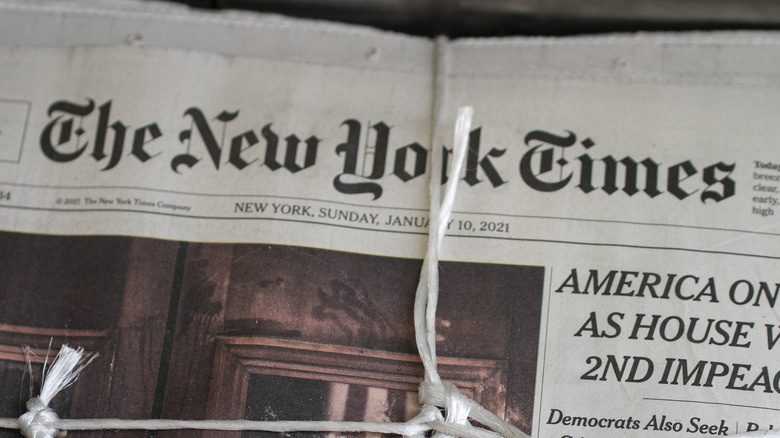Why Is Donald Trump Suing His Niece Mary Trump?
For the past four decades, just about every president from Richard Nixon to Barack Obama has voluntarily told the public exactly how much he had made in the run-up to his term in the White House by revealing his tax returns. Scholars like Joe Thorndike, a director of the Tax History Project, says there is a good reason to do this. "One of the reasons that Nixon released his returns was that people were saying, 'Hey, how can we trust the IRS to investigate this guy honestly and fairly when he's their boss?' It underscores the question right now: Can this IRS today do this job? And we have to assume that it can, because there is no backstop. Nixon released his returns in response to these sorts of questions," Thorndike told CNN in 2017.
But that practice was temporarily halted in 2016, when Donald Trump ran for office, and he claims he had a good reason: that the IRS was currently auditing him, and that doing that kept him from revealing his financial records. And while senior Trump adviser Kellyanne Conway said, was that people "didn't care," a subsequent poll conducted by CNN showed that nearly three-quarters of respondents — or about 73 percent of registered voters — said Trump should have released his returns.
The New York Times painted a financial picture of Trump in 2018
But, as the old adage reminds us, where there is a will, there's a way. In October of 2018, The New York Times burst onto the scene with a piece of bombshell reporting, that showed that Donald Trump had benefitted from engaging in questionable tax schemes that went as far back as during the 1990s. The goal: to make more money out of the inheritance his family left for him. The revelations include how he and his siblings had created a dummy company to hide the millions his parents had left for their offspring. They also reported on his plan to undervalue his parents' property holdings, so they could slash the bills when the real estate was finally transferred to him and to his siblings. The Times said it had based its reports on interviews which had been conducted with former employees and advisers, as a document drop consisting of more than 100,000 pages — and it called the report a "financial biography" which contradicted the image Donald Trump had of himself.
The president was given the opportunity to respond to the report and he did through his lawyer Charles J. Harder, saying: "The New York Times's allegations of fraud and tax evasion are 100 percent false, and highly defamatory. There was no fraud or tax evasion by anyone. The facts upon which The Times bases its false allegations are extremely inaccurate."
Trump: For the NYTimes to do the story was wrong
Now, nearly three years to the day after the story was released, Donald Trump has claimed the report was actually part of a big scheme to get his confidential tax records in an improper way, and he's suing his niece Mary L. Trump, who provided The New York Times with the records, and the reporters behind the story. The lawsuit claims reporters went after Trump's niece Mary L. Trump, and then convinced her to "smuggle records out of her attorney's office and turn them over to the Times" (via The Daily Beast).
The former president also claims Mary's decision to share the information with The Times was the wrong thing to do, since Mary supposedly violated a confidentiality agreement in 2001 involving the estate of her grandfather Fred. And while The Times reporters weren't covered by the confidentiality agreement, the former president claims they had a hand because they were "motivated, at least in part, by their actual malice" toward the then president.
While it is not clear how much in damages Trump is asking for, the lawsuit hints that Trump lost about $100 million because of the defendant's action (via The New York Times).
Mary L Trump: Donald is a 'loser'
The lawsuit appears to have little impact on Mary L. Trump, who had this to say about Donald Trump and his lawsuit: "I think he is a loser, and he is going to throw anything against the wall he can. It's desperation. The walls are closing in and he is throwing anything against the wall that he thinks will stick. As is always the case with Donald, he'll try and change the subject" (via Associated Press).
The New York Times also released a statement through its spokesperson, Danielle Rhoads Ha, who called the lawsuit "an attempt to silence independent news organizations and we plan to vigorously defend against it" and that the coverage "helped inform citizens through meticulous reporting on a subject of overriding public interest."
Reporter Susanne Craig, who also won a Pulitzer for her report, had only one thing to say about the case publicly, and she did it via Twitter: "I knocked on Mary Trump's door. She opened it. I think they call that journalism."



